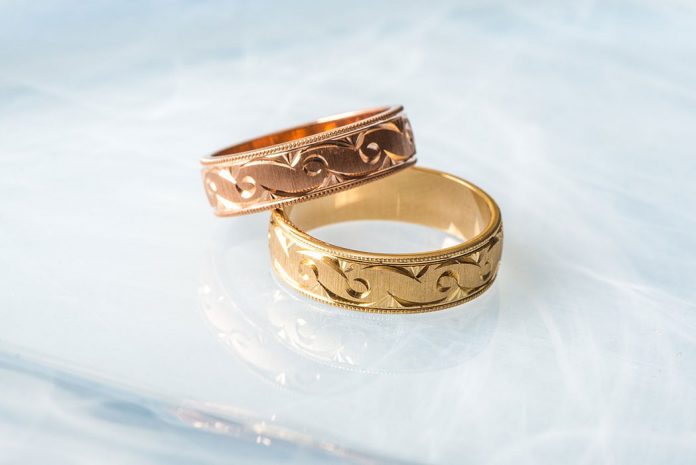It may sound clichéd, but men have been portrayed by the entertainment media as commitment-phobic folks, who go through panic attacks at the prospect of settling down. Even Chandler from the popular television sitcom ‘Friends’ went through it when he heard Monica answer a call as ‘Mr. and Mrs. Bing’.
But is this phobia far from reality? Perhaps not…

Of the many reasons listed by behaviour therapists, the most common is the fear of losing freedom. Men, apparently, equate commitment with responsibilities that will rob them off their freedom and replace their carefree life with a host of dos and don’ts to follow. While the reasons for shying away from commitment could range from lack of trust to lack of maturity, what stands most prominently is this real fear that one’s freedom is at stake on the altar of commitment. This is, of course, not exclusive to men alone; women have equally strong fears of commitment.
Sociologists see commitment fears as a millennial issue. According to a study conducted earlier this decade, millennials are less likely to be married in their 20s than the previous generations. And this is not spurred by cohabitation practiced in many countries around the world; on the contrary, it is the desire to stay single. A Gallup poll found that young adults are not substituting marriage for living together; they are, instead, opting to stay single longer than the previous generations.
As Dr. John Grohol, founder and CEO of Psych Central, states in an article on commitment phobia and relationship anxiety, ‘Both men and women can suffer from relationship anxiety and commitment phobia, although traditionally it was thought primarily to be a male problem.’ Among his list of common causes of commitment phobia are fears of the relationship ending without notice or sign, of not being in the ‘right’ relationship and being in an unhealthy relationship, as well as trust issues related to past situations, childhood trauma and complicated family dynamics while growing up. In case of acute commitment issues, he suggests counseling or therapeutic help; however, on a general note, he recommends seeking support from online support groups or self help books. He says, “The fear of commitment can be overcome. The first step is being open to change, and wanting to make the changes in your life that can help you be less anxious in future relationships.”
Here is a quick guide to understand your commitment issues and overcome them with simple changes in the thinking process. Begin by asking the following questions:
Do you want to be in a relationship?
The prime reason for your anxiety could stem from an uncertainty about the relationship. This could be true if you have been seeing someone because of coercion from the family or even friends. Besides, what you fear may not be commitment; it could be something that you do not like about the other person. Give yourself time to understand if you are happy in a relationship before you ponder over settling down.
Do you experience pangs of anxiety?
If you answered yes, you are not alone. Everyone goes through anxiety in relationships. So, instead of judging your negative emotions and over analysing them, understand that it is a normal transition and let it work itself out of your system.
Do you envy your uncommitted friends?
It is human nature to compare things with others, even everyday lives. If you are envious of your single friends who live on their own terms, it may do your relationship a whole lot of good to press the brakes, even temporarily, to experience that life and enjoy your personal space. Think of commitment only when you genuinely want someone to share that space with you and stop the millennial fear of missing out.

Do you feel overwhelmed by the concept of ‘forever’ in a committed relationship?
We are not living in a fairy tale world with the ‘happily forever’ appended to our lives. So, stop looking at eternity and start living in the now. Being committed is also about what you want to be doing at the present time. Do not look too deep into the future (or even the past) to get bogged down by the forever that is, generally, expected from a committed relationship. If you like being with your partner now, that is exactly what you need to do, instead of destroying the relationship and the accrued happiness with your commitment phobia.
Do you clamp up about your fears?
Being open in a relationship is what matters most, more so if you are having anxiety issues. When you express your fears and narrate the causes, your chances of making the relationship work are better. Such communication will not only keep heartache at bay, it will help you work through your commitment issues by ensuring that you and your partner are on the same page.
Do you equate commitment with perfection?
The concept of perfect relationship is a fantasy, best consigned to fairy tales. Problems are an inherent part of every relationship. It demands time and effort to make anything work – work for the better. Your commitment to a relationship will ensure that things do not blow out of proportion.


